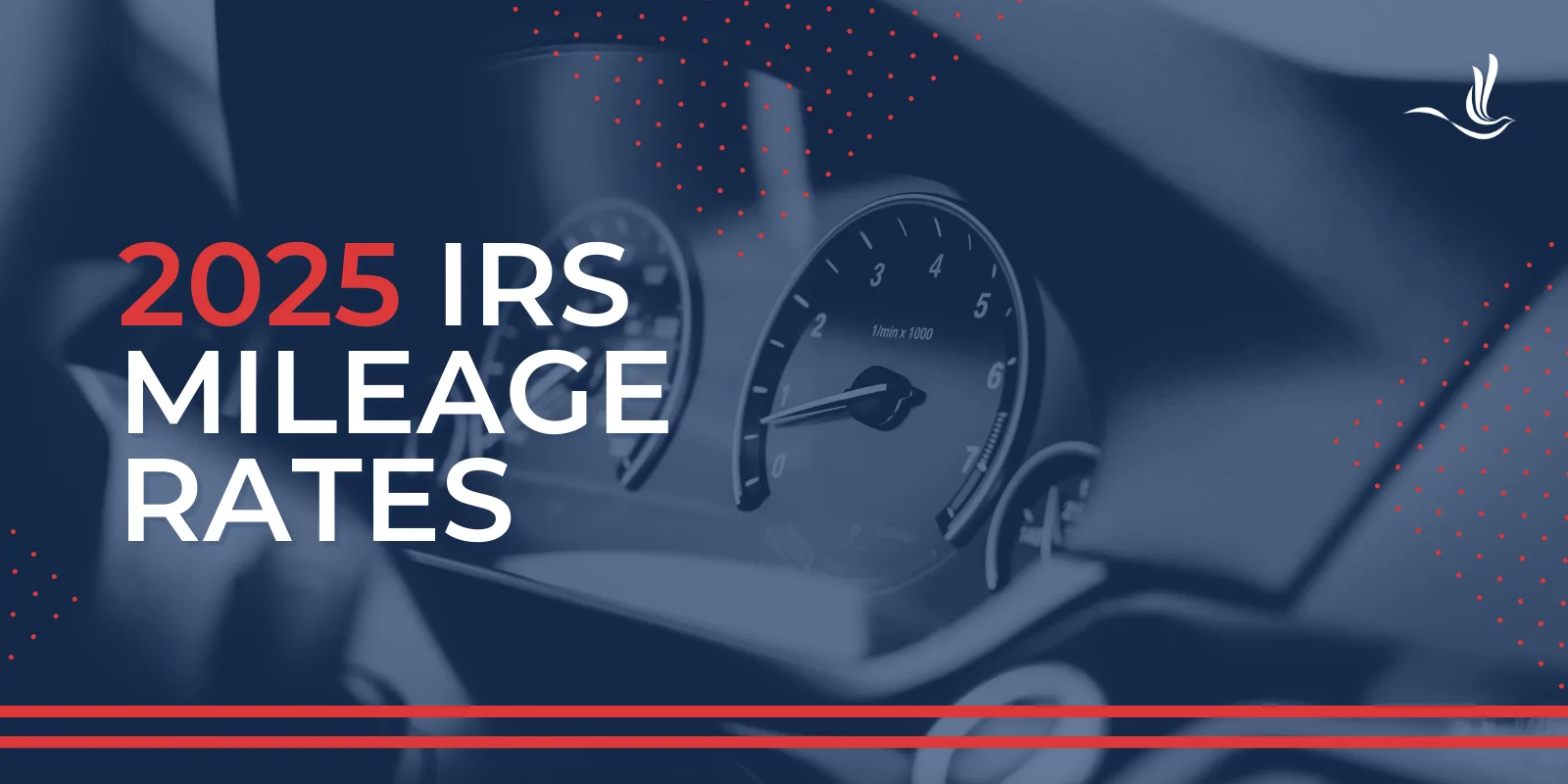The IRS mileage rates for 2025 have been announced, and these updates are crucial for taxpayers and businesses that rely on mileage deductions. Whether you’re using your vehicle for business, medical purposes, charitable activities, or moving expenses, understanding the latest rates can help you maximize your deductions and stay compliant with tax laws.
What Are IRS Mileage Rates?
IRS mileage rates refer to the standard amounts per mile that the IRS allows taxpayers to deduct for vehicle use. These rates are updated annually and reflect the costs associated with operating a vehicle, including fuel, maintenance, and depreciation. For example, the business mileage rate applies to miles driven for work-related purposes, while the medical mileage rates cover trips for medical care. Additionally, the charitable mileage rate applies to travel undertaken for qualified charitable activities. These rates help taxpayers accurately calculate and deduct the expenses associated with using their vehicles for these purposes.
2025 IRS Mileage Rates: What’s New?
For 2025, the IRS has introduced updated mileage rates. The business mileage rate has increased to 70 cents per mile, up from 67 cents in 2024. This change reflects rising vehicle operation costs, such as fuel and maintenance, as well as general inflation. The medical and moving mileage rates remain unchanged at 21 cents per mile. The charitable mileage rate, which is set by law, also remains steady at 14 cents per mile.
How to Use IRS Mileage Rates
The IRS mileage rates can be used to calculate tax deductions for different purposes, provided that the usage meets eligibility criteria and is properly documented. For business expenses, the rate applies to miles driven for work-related activities, such as meeting clients or attending conferences. Commuting miles, however, are not deductible. Taxpayers should maintain a detailed log of their trips, including the purpose, dates, and odometer readings, to substantiate their deductions.
For medical and moving purposes, eligible taxpayers can use the mileage rate to deduct travel expenses to medical facilities or, in the case of active-duty military members, during a permanent change of station. Supporting documents, such as medical appointment confirmations or relocation orders, are necessary to back these claims. For charitable work, mileage driven while volunteering for qualified charities can also be deducted. Taxpayers should retain documentation from the charity to validate their claims.
Alternatively Deducting Actual Vehicle Costs
In lieu of using the IRS mileage rates, taxpayers may choose to deduct the actual costs associated with maintaining and operating their vehicles. This method involves tracking all vehicle-related expenses, including fuel, repairs, maintenance, insurance, registration fees, and depreciation. While this approach can result in a higher deduction for those with substantial vehicle expenses, it requires detailed record-keeping to substantiate each cost. Taxpayers opting for this method must allocate these expenses based on the percentage of miles driven for deductible purposes, ensuring personal and business uses are clearly separated.
Tax Implications of Mileage Rates
Mileage deductions can reduce taxable income significantly, but they require meticulous record-keeping. Taxpayers must ensure that they separate personal mileage from business or deductible mileage to avoid inaccuracies. Overestimating mileage or failing to maintain proper records can lead to challenges during an audit. Taxpayers should familiarize themselves with IRS documentation requirements, which typically include a logbook or tracking app that records trip details. Receipts for related expenses, such as parking or tolls, may also be needed.
What to Watch Out for in 2025
Taxpayers should remain vigilant for any mid-year policy updates that could alter mileage rates or related regulations. Additionally, the IRS continues to scrutinize mileage deductions during audits, making precise and accurate record-keeping essential. It is also important to note that using outdated rates or failing to document mileage properly could result in lost deductions or penalties. Staying informed and organized is the best way to avoid these issues.
Tax Help in 2025
The 2025 IRS mileage rates reflect the economic realities of vehicle operation and provide taxpayers with an opportunity to reduce their tax burden. By understanding these rates, keeping meticulous records, and using tools to simplify tracking, individuals and businesses can ensure they’re making the most of their deductions. Use the 2025 rates to your advantage and be prepared to file your taxes accurately and efficiently. Optima Tax Relief has over a decade of experience helping taxpayers get back on track with their tax debt.
If You Need Tax Help, Contact Us Today for a Free Consultation
Publisher: Source link











